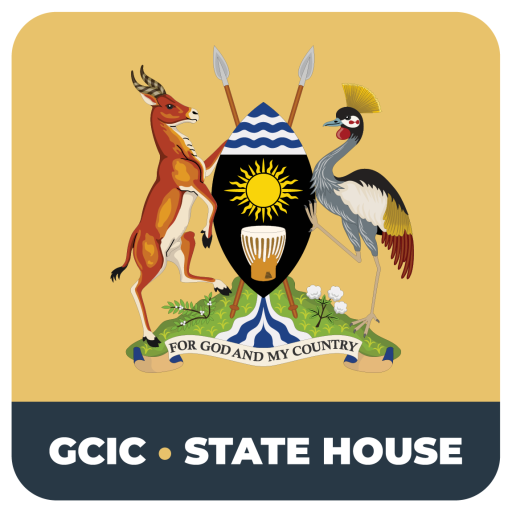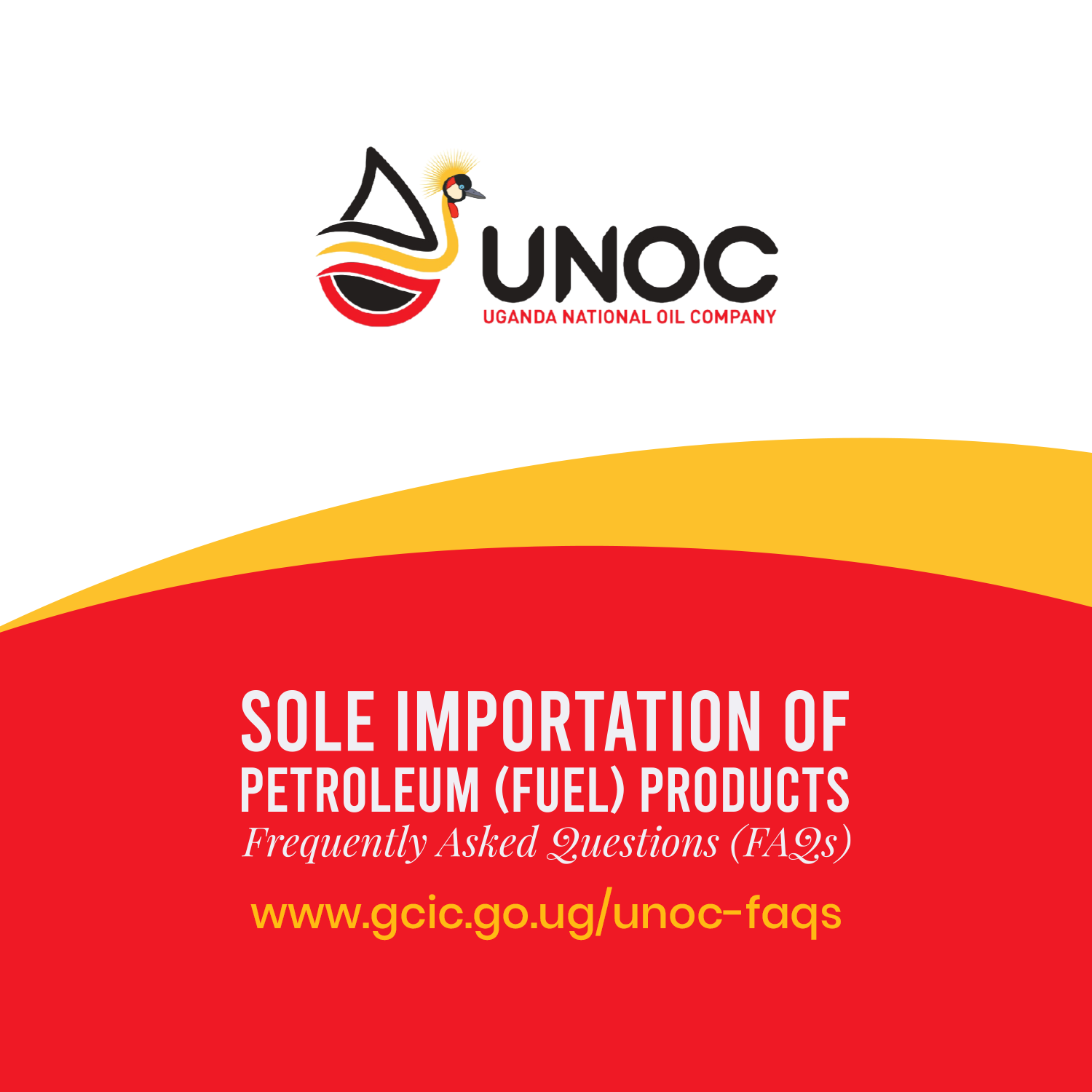In response to the urgent challenges posed by rapid urbanisation and cross-border development, Ben Kumumanya, the Permanent Secretary of the Ministry of Local Government, recently chaired a strategic meeting with a delegation from UN-Habitat.
The focus of this session was to strengthen collaboration in support of Uganda’s urban growth, which is currently growing at an annual rate of 5.2%. This rate places Uganda among the fastest urbanising countries in Africa.
The meeting paid special attention to the situation in Busia District, a crucial cross-border trade zone facing distinct development challenges. Issues such as frequent flooding, inadequate drainage, poor waste management, and limited economic infrastructure have consistently disrupted local livelihoods and hindered economic potential. The discussions highlighted the urgent need for integrated urban planning that is inclusive, resilient, and aligned with the Sustainable Development Goals (SDGs).
UN-Habitat reaffirmed its commitment to supporting Uganda’s urban development efforts by presenting new research on the socio-economic and environmental risks associated with urban areas. The agency stressed the importance of structured cooperation in trade facilitation, ecological sustainability, and community empowerment, particularly for youth and women in vulnerable urban areas.
A key outcome of the meeting was the decision to establish a core working group. This group will consist of representatives from the Ministry of Foreign Affairs, development partners, and key stakeholders. Their role will be to guide the implementation of strategies, coordinate resource mobilisation, and oversee progress.
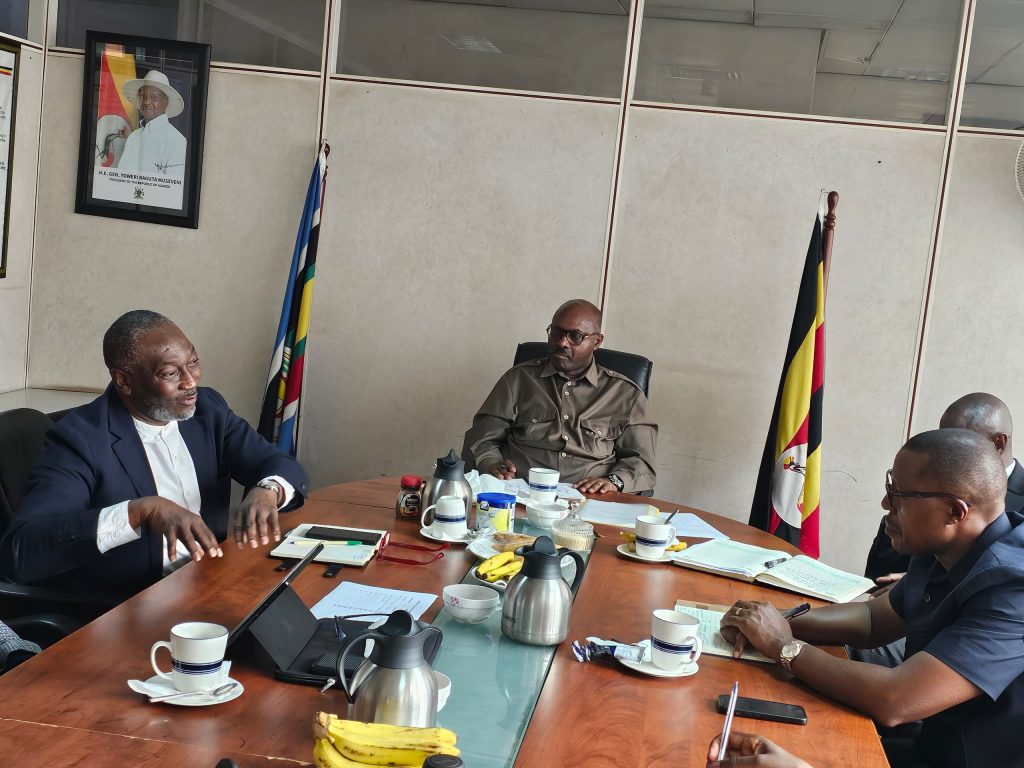
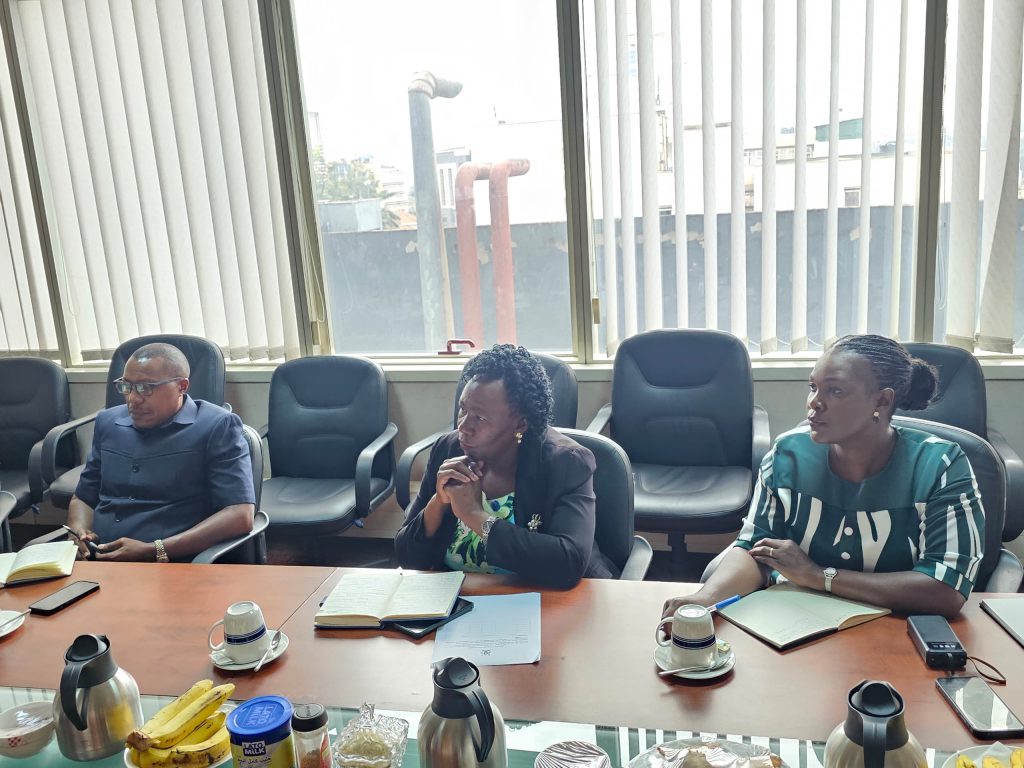
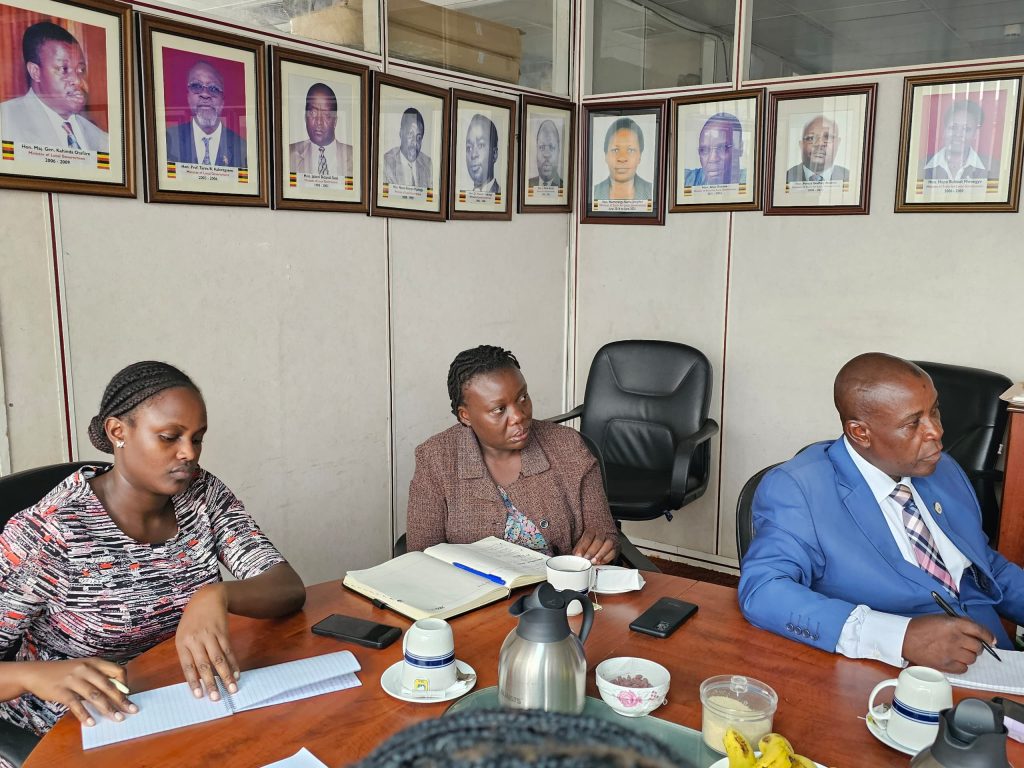
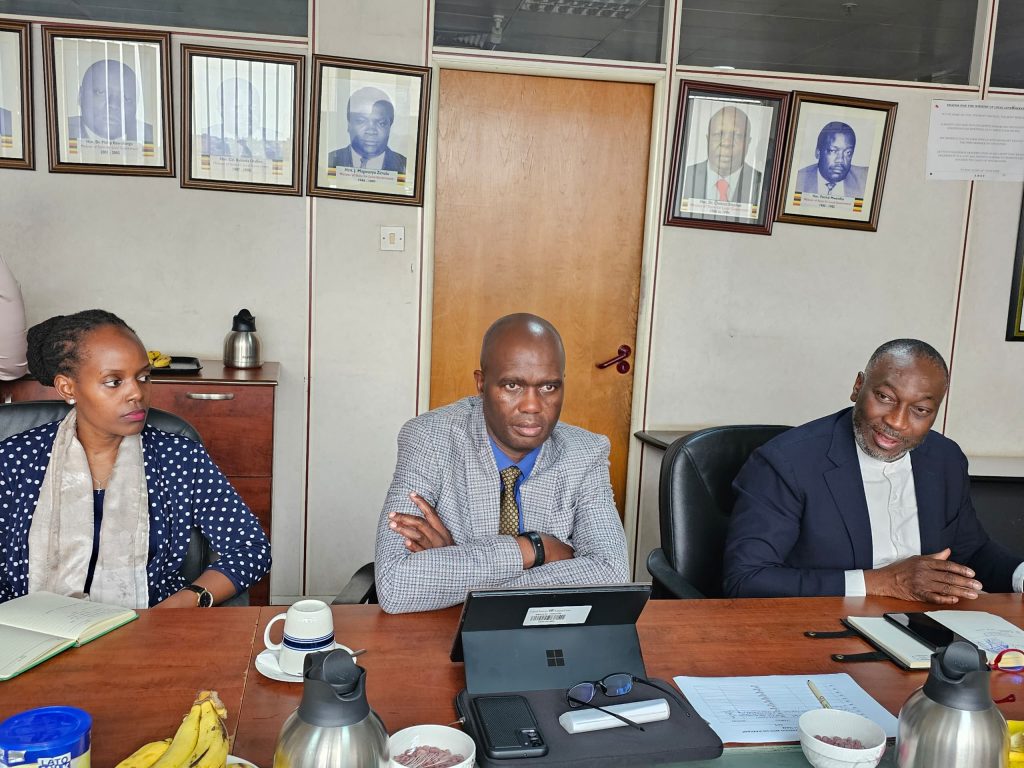
To ensure accountability and measure progress effectively, the meeting underscored the importance of robust data collection and analysis.
A framework will be developed to monitor and evaluate the outcomes of local economic development initiatives in the Busia Trade Zone.
This framework will enable stakeholders to assess deliverables, inform decision-making, and enhance transparency in project execution.
A follow-up meeting is scheduled for after Easter to finalise the action plan, define clear deliverables, and establish timelines for the next phase of collaboration.


